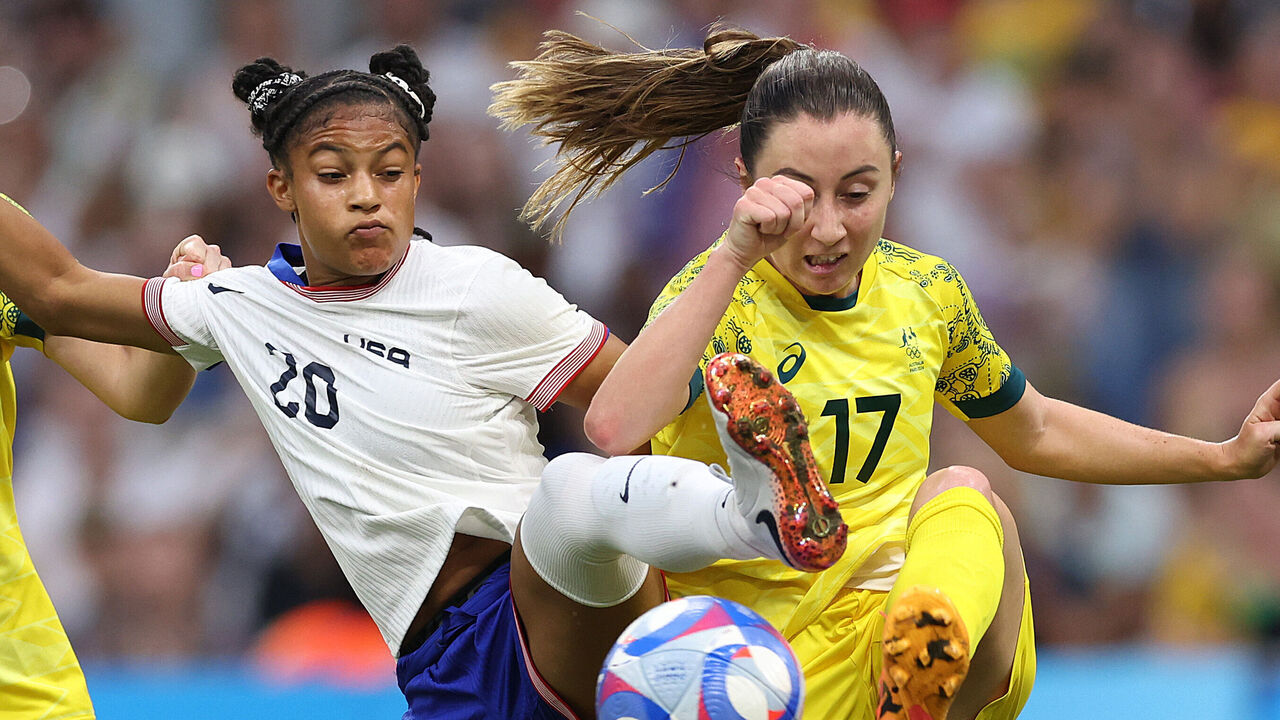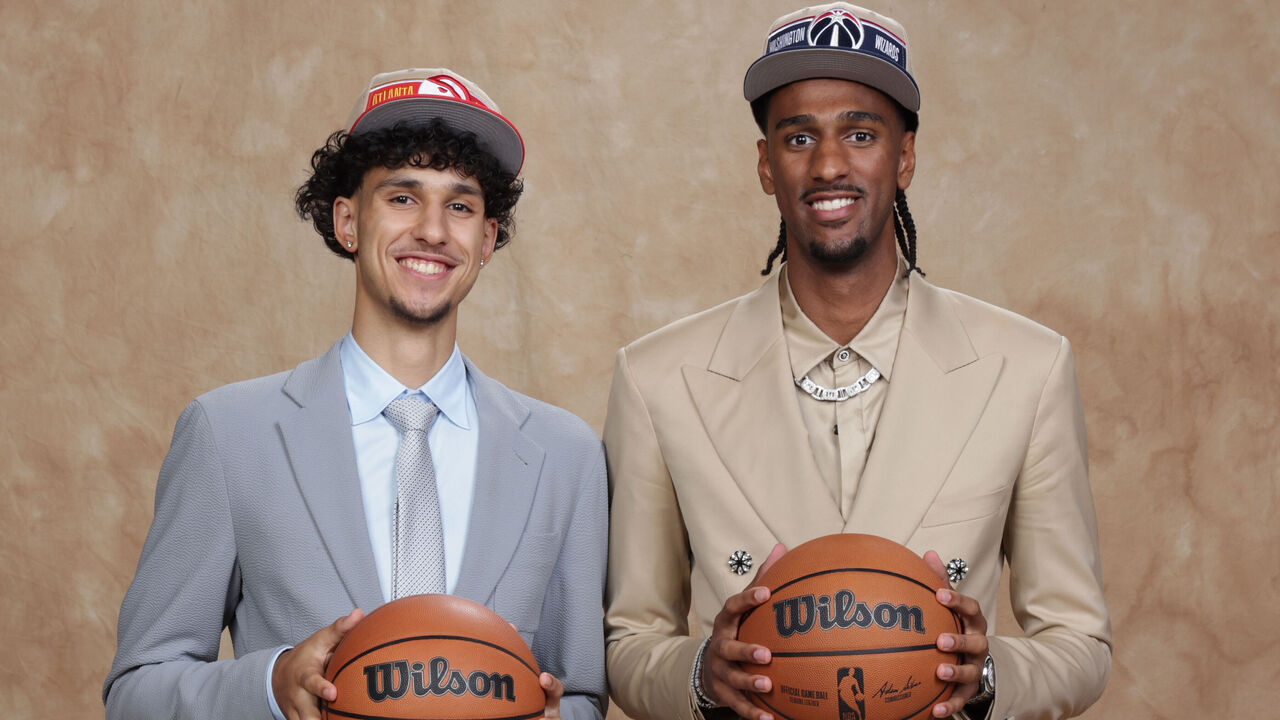NWSL abandoning the draft recasts labor rights in sports
Is the amateur draft now on the clock?
Last week, one of the smallest professional leagues in the United States announced a new collective bargaining agreement with its players. But the changes the National Women's Soccer League has implemented, including ditching its draft of college players, must make the big four North American leagues at least a little nervous.
The circumstances that led the NWSL to adopt a full free-agency model are, admittedly, unique. Soccer is the most global of sports, and the women's game produces elite players on many continents. The NWSL's draft of (mostly) NCAA players was out of sync with the free agency that's automatically granted to the sport's amateurs in most of the world, which meant that college stars could bypass the NWSL entirely and negotiate directly with big clubs in places like England, Spain, and France. Conversely, elite players from other parts of the world were highly unlikely to submit to the NWSL draft, effectively surrendering their labor rights for a chance to play in the States. In order to compete with the best European women's leagues for talent, the NWSL will now operate more like a top European league.
But the NWSL also dropped the pretense underpinning the use of the amateur draft in the NFL, NBA, NHL, and MLB: that the process is necessary to ensure competitive balance and, effectively, a healthy business.
The argument that the North American leagues have long used, and which has survived many court challenges, is that the leagues depend on employee talent being spread out among their teams, ensuring a degree of parity that will keep a wide swath of fans interested in the sport.
The claim is that even though teams compete against one another, they recognize that a degree of cooperation is required in sharing incoming talent equitably to ensure the league's long-term survival. Without the draft, the argument goes, all the good players would end up pooled in New York or Los Angeles or Miami and the whole thing would eventually fall apart. This is why athletes are subject to a draft process that would be unthinkable if it were carried out by, say, movie studios or legal firms or basically any other business.
The counterargument is, of course, that successful professional sports leagues exist in other parts of the world. Many of them! And they don't require incoming players to agree to have their rights assigned to one particular team. Consider the case of Jude Bellingham, the English soccer star. He played as a youth with his hometown Birmingham City club, then was recruited to Borussia Dortmund while still a teenager, joining a German team renowned for its ability to develop young talent. After a dazzling few seasons there, he signed with Real Madrid, arguably the biggest club in the world, at just 20 years old.

A comparable athlete growing up in North America would have to go to college (or junior hockey) and then agree to be drafted by one of the worst teams in the league, playing there for several years before gaining any control over their choice of employer. The basketball version of Bellingham would still be looking at another five or six years with the Charlotte Hornets.
Are overseas leagues on the verge of collapse due to the lack of parity? No - but they do face some parity-related challenges. The gulf in spending power between heavyweights like Real Madrid and Manchester City and their lesser domestic rivals does create imbalances. But if you asked fans of a small club if they should just be handed the right to claim the best teenagers in the country for a few seasons, they would think you mad. In the case of the NWSL, the salary cap will likely ensure that talent is spread around the league anyway.
The NWSL's shift comes during a widespread overhaul of labor rights for amateur athletes in North America. Successful court challenges cleared the way for NCAA players to sign lucrative endorsement deals, and in recent years, those athletes also gained the freedom to transfer schools without penalty (under certain conditions). Depending on their sport, it's now possible for an NCAA athlete to have more earning power and autonomy over their career while they're still technically an amateur than they will once they turn pro, at which point the draft system takes over. If that sounds like it defies logic, that's because it does.

What happens if, a few years from now, the NWSL is bigger, richer, and more successful after abandoning its draft? After all, that's precisely the idea. How would the Big Four's claim that their drafts are vital to survival - and not just a cheap way of acquiring young talent - look then?
Obviously, it would appear hollow. All it would take to change the status quo is one of the same courts that gave college athletes their freedom looking unfavorably upon the restrictions that limit would-be professionals - or a high-profile politician deciding to champion the cause.
Just because the draft is the way it's always been done doesn't mean it's correct. Funny that the still-nascent NWSL figured it out first.
Scott Stinson is a contributing writer for theScore.